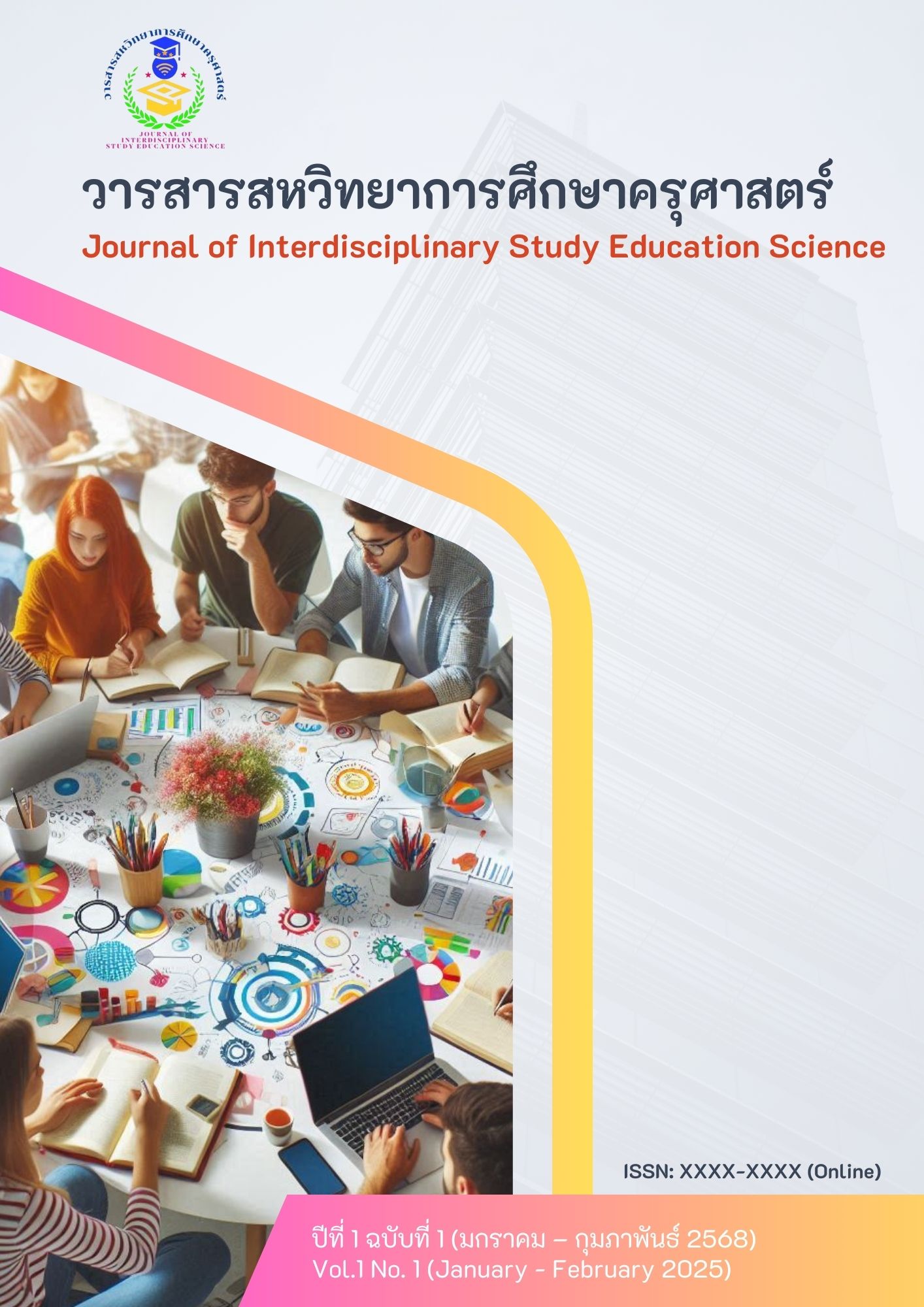The Development of Learning Achievement Based on the Four Principles of Gharavasa Dhamma
Main Article Content
Abstract
This article aims to study the development of learning achievement by applying the Four Principles of Gharavasa Dhamma, which are moral guidelines promoting the well-being of laypeople. These principles include Sacca (truthfulness), Dama (self-control), Khanti (patience), and Caga (generosity), aiming to foster students’ virtues and positive behaviors in the educational process. This study employs qualitative analysis by gathering data from academic documents, research studies, and relevant case studies. It also involves designing learning activities and a development model that integrates the Four Principles of Gharavasa Dhamma into classroom instruction.
The findings reveal that developing learning achievement using the Four Principles of Gharavasa Dhamma enhances commitment and responsibility in the learning process. Sacca plays a significant role in fostering truthfulness in learning and maintaining commitments toward personal goals. Dama improves self-regulation skills and time management. Khanti helps develop perseverance in facing challenges and encourages constructive problem-solving. Meanwhile, Caga emphasizes sharing knowledge and fostering positive relationships within the learning community. Furthermore, learning activities aligned with these principles, such as Collaborative Learning and Problem-Based Learning, significantly enhance students’ learning achievement and moral development.
In conclusion, applying the Four Principles of Gharavasa Dhamma as a guideline for improving learning achievement strikes a balance between academic success and the cultivation of virtues in learners. It emphasizes creating individuals who are responsible, resilient, and willing to contribute to the common good. This approach lays a crucial foundation for future learning and long-term human development.


